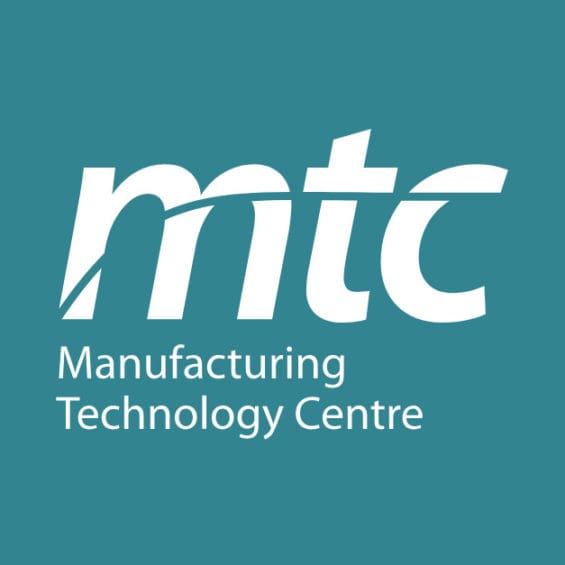The Møller Institute took a blended learning approach to deliver the MTC leadership development programme by combining diagnostic tools and de-briefs, team exercises, practitioner talks, post-programme impact assessment and facilitation. The different teaching and speaker sessions, by our highly experienced Associates, featured highly interactive and participative methods and the use of a variety of approaches and resources ensured a high impact learning experience and behaviour changes.
We created a challenging but psychologically safe learning environment where the team would be encouraged to share and contribute in highly authentic ways. We also included a “mindfulness” theory and practice session with our Mindfulness expert and Associate and extended the learning to include a dinner in a historic Cambridge College.
The programme focused on building personal leadership skills as well as understanding how to adopt behaviours, skills and attitudes of a high performing team
Key areas:
- Personal Leadership: The evolving business context and personal leadership challenges
- High Performance teams and your own social style
- Habits and systems (over goals and targets); how to improve the performance of the team
- Twilight Talk – The Art and Science of High Performing Teams
- Creating a climate of support, trust, growth and discipline

